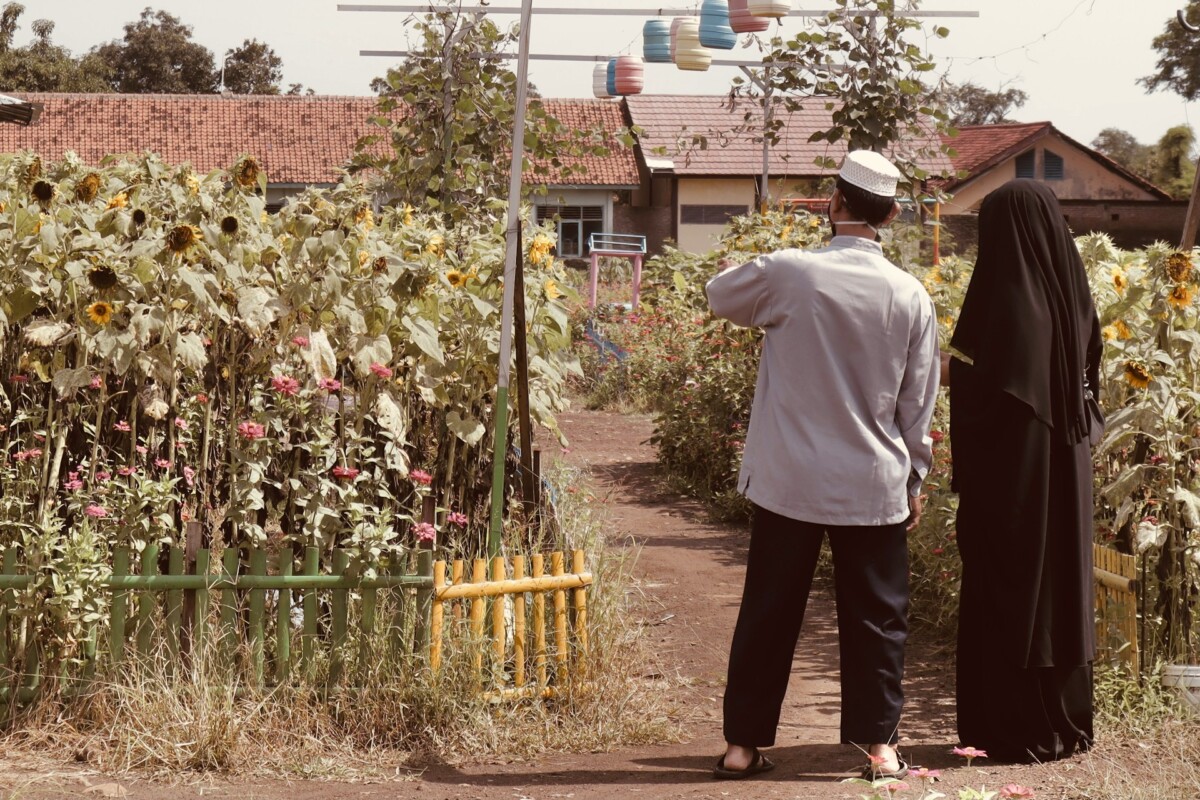Exploring foreign lands is a dream for many, but for Muslim travelers, the quest for halal food adds an extra layer of challenge to the journey. It’s not just about satisfying hunger; it’s about adhering to religious tenets and finding a connection with one’s faith, even miles away from home. This guide delves into the nuances of finding halal food abroad, ensuring that your travel experiences are enriched, not hindered, by your dietary needs.
The importance of halal food goes beyond mere dietary restrictions; it’s a symbol of devotion and a testament to the Islamic way of life. When traveling, Muslims face the dual task of exploring new cultures while maintaining their dietary discipline. This article aims to provide practical tips, resources, and guidance to help Muslim travelers easily navigate the culinary landscapes of non-Muslim countries, making their travel both enjoyable and spiritually fulfilling.
Halal Food: A Brief Overview
What exactly constitutes halal food? In the simplest terms, it refers to foods permissible under Islamic law. This includes the types of food and how they are prepared. The concept is deeply rooted in cleanliness, health, and ethics. Knowing what makes food halal is the cornerstone of making informed choices while traveling.
The significance of halal food in Islam transcends mere dietary preference. It is an integral part of a Muslim’s identity and devotion. Eating halal is a personal choice and a collective expression of faith. By understanding its importance, Muslim travelers can better navigate their dietary choices in foreign lands, ensuring that their meals harmonize with their religious beliefs.
Challenges of Finding Halal Food Abroad
Traveling in non-Muslim countries brings its own set of challenges in finding halal food. One of the main obstacles is the cultural and language barrier. Not every country is familiar with halal food, and language differences can make it hard to explain dietary restrictions. This section of the guide will discuss how to overcome these barriers effectively.
Another challenge is the varying availability of halal food. In some destinations, halal options might be abundant, while in others, they might be virtually non-existent. This part of the guide will provide strategies for handling such situations, whether it’s in a bustling city or a remote town. We’ll explore how to identify potential halal food sources and make the best out of limited options.

Researching Halal Options Before Travel
The key to a smooth travel experience lies in preparation. Before setting off, researching halal food options in your destination is crucial. This includes looking up halal restaurants, supermarkets, and even local Muslim communities online. We’ll introduce some valuable tools and resources to help in this research.
Additionally, online communities and forums can be goldmines of information. They provide real-life experiences and recommendations from fellow Muslim travelers. In this section, we’ll highlight how to leverage these platforms to build your halal food guide tailored to your destination.
Halal Certification and Local Laws
Recognizing halal certifications is an essential skill for Muslim travelers. Each country may have its certification standards, and understanding these can help in identifying authentic halal eateries. This section will guide you through different halal certifications and what to look for when choosing a place to eat.
It’s also important to respect local laws and customs related to food and dining. This respect ensures a pleasant experience and promotes mutual understanding and tolerance. We’ll discuss how to balance religious dietary requirements with the cultural norms of your travel destination.
Identifying Halal Restaurants and Supermarkets
One practical way to find halal food is to look for visual indicators like halal certification logos at restaurants and supermarkets. These are often displayed prominently and can be a quick way to identify suitable eating spots. This section will provide tips on what to look for and where.
Asking locals, especially local Muslim communities, can be another effective method. They can often provide insights into the best halal spots in town. Additionally, some international food chains have halal options in certain countries, making them a reliable fallback option. We’ll explore how to leverage these various sources for the best halal dining experience.
Making Informed Choices
Making informed choices while dining abroad involves more than finding a halal-certified restaurant. It’s about understanding the menu and being aware of ingredients that are commonly used in local cuisines that may not be halal. This section will guide how to read menus and identify potentially problematic ingredients.
Awareness of cross-contamination is also crucial, especially in establishments that serve halal and non-halal food. We’ll discuss strategies to mitigate this risk, ensuring that your meals are halal by name and in practice.
Cooking Your Own Meals
For those times when eating out isn’t an option, cooking your own meals can be a lifesaver. Cooking while traveling can also be an opportunity to experiment with local and healthy ingredients and recipes, adapting them to halal standards. This adds variety to your travel diet and deepens your culinary experience in a foreign land.
Staying Healthy and Safe
While focusing on halal food, it’s also important to consider nutritional balance and food safety. Traveling can disrupt regular eating patterns, and this section will offer advice on maintaining a healthy diet while on the move.
Food safety standards vary across countries, and being aware of this is crucial for a healthy travel experience. We’ll discuss tips on how to avoid foodborne illnesses and make safe food choices, ensuring that your travels remain enjoyable and worry-free.
